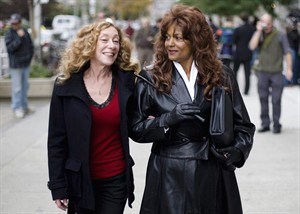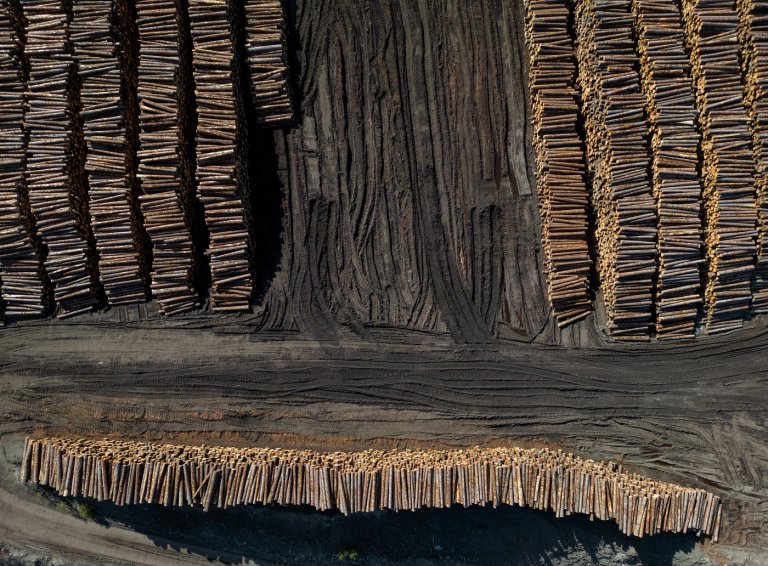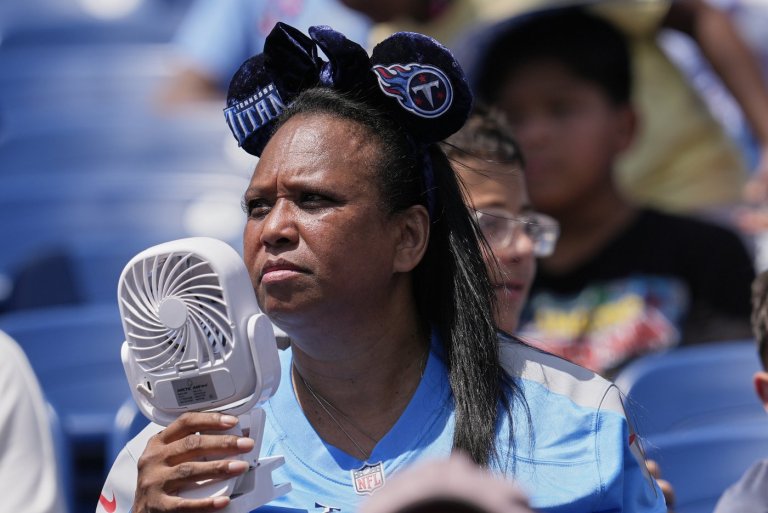
Supreme Court to hear prostitution challenge as protesters prepare
OTTAWA – The Supreme Court of Canada will hear arguments today on the constitutionality of Canada’s prostitution law.
The hearing follows last year’s Ontario Court of Appeal decision striking down the Criminal Code ban on bawdy houses on the grounds that the law puts sex workers in danger by forcing them to work outside.
Osgoode Hall law professor Alan Young will be leading the court challenge.
He is representing three women at the centre of the case: retired dominatrix Terri-Jean Bedford, former prostitute Valerie Scott and Vancouver sex worker Amy Lebovitch.
Lawyers for the federal government and the province of Ontario will be arguing against any decriminalization.
In all, the court has set aside five and a half hours to hear from more than a dozen interested parties.
Some groups are arguing for some form of legalization, while others say prostitution must remain against the law.
The case has divided women’s groups, pitting sex workers against the front-line organizations that try to help the poor, drug-addicted and often underaged women who become prostitutes.
Sex workers have staged high-profile demonstrations in cities across Canada to draw attention to their drive towards legalization.
A coalition of groups has scheduled a rally on the steps of the Supreme Court later today.
“Criminalization means that, as sex workers, we have no access to the legal system or police protection. It also contributes to the stigma and discrimination we face, making it more difficult for us to find social support and to access health services in our communities,” said Anna-Aude Caouette, a member of the Montreal group, Stella.
The Women’s Coalition for the Abolition of Prostitution argues the law should be changed to make it illegal to be a pimp or a customer, but not an actual prostitute.
They say the sex industry has victimized young women, many of them underage, forcing them into a life of drugs, physical and sexual abuse, and essentially slavery in an illegal industry from which they cannot break free.
The coalition is made up of seven organizations, including the Canadian Association of Sexual Assault Centres, the Native Women’s Association of Canada, and the Canadian Association of Elizabeth Fry Societies.
In a recent interview with The Canadian Press, Young said that argument is premature, and is a matter best saved for Parliament some time in the future.
Young has said he has not taken a formal position in court about what a new law should look like, though he acknowledged his clients have expressed strong opinions on that subject.
Join the Conversation!
Want to share your thoughts, add context, or connect with others in your community? Create a free account to comment on stories, ask questions, and join meaningful discussions on our new site.



















Leave a Reply
You must be logged in to post a comment.